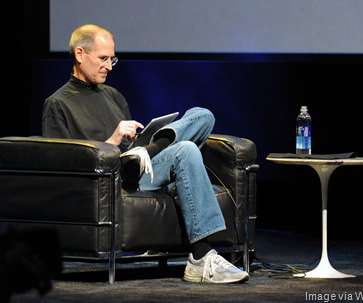New Rules for the New Internet Bubble
Steve Blank
MARCH 18, 2011
Dot.com Bubble ( 1995-2000): “ Anything goes” as public markets clamor for ideas, vague promises of future growth, and IPOs happen absent regard for history or profitability. August 1995 – March 2000: The Dot.Com Bubble. Tech IPOs were a receding memory, and mergers and acquisitions became the only path to liquidity for startups.
















Let's personalize your content